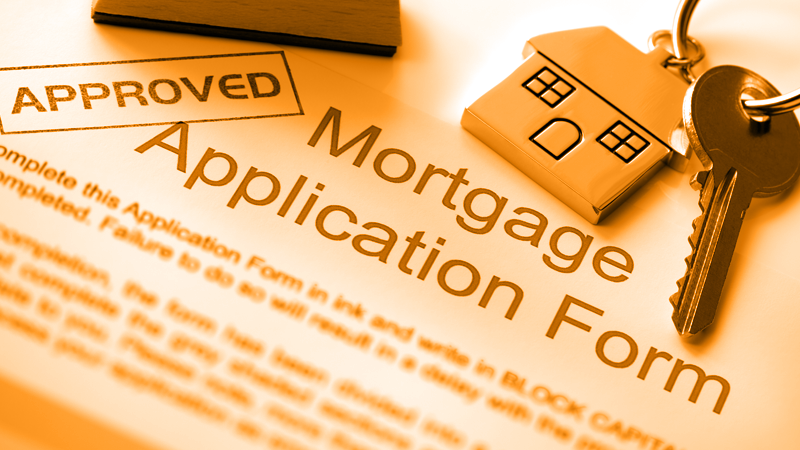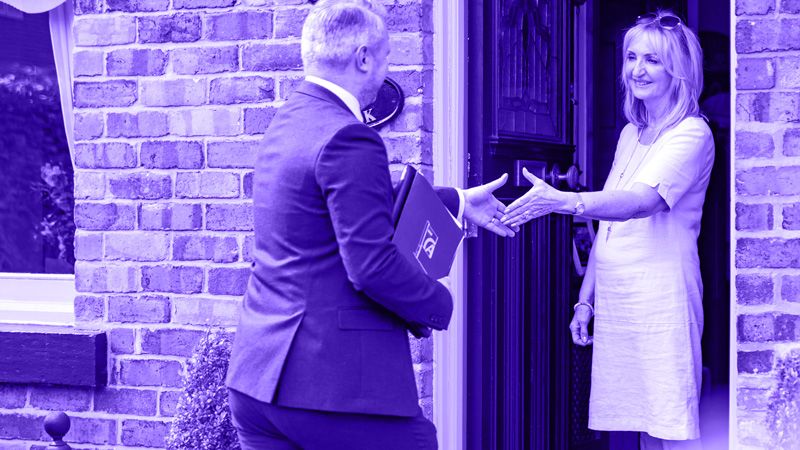Developing property can be an exceptional investment if you’ve done your homework and got the right funding.
That said, where do you go for funding and which professionals in the finance industry are best suited to assisting you?
If you have no prior experience with seeking funding for development, you may think that you should acquire the services of a regular mortgage broker, but it’s not that simple.
If you’re considering development finance, always get expert advice first. The market is tricky, and most brokers are inexperienced with this area of lending.
This can lead to you missing out on the best deals available.
Even after you’ve looked at all the options, you may still be unsure which would be the most suited to you, which is why you should speak to a professional to gain more clarity.
Development finance loans from top whole-of-market advisors can be assessed and recommended based on individual circumstances and the loan provider with the relevant experience and know-how to offer the best deal.
There are both residential and commercial development finance brokers on the market.
Property Development Finance Brokers Guide
What You Need to Know About Residential Development Finance Brokers
As most development finance loans are organised on an unregulated basis, you need to be able to tailor the loans to meet the needs of each company or project involved; that is, they often involve a combination of loan types.
Many mortgage brokers specialise in arranging different types of finance – such as investing in property – but do not have experience in the more complex deals required where there’s a combination of mortgages, loans and deposits due to how each is set up.
Specialist advisors can provide the assistance you need in complex situations, giving you peace of mind that you don’t have to stress and fret over the details.
Simply take the advice of your specialist development finance broker, and the process will go forward smoothly.
As a consequence of tougher FCA rules governing residential development mortgages, the lenders who provide them often require caveats (or guarantees), including a maximum term of one year.
If you’ve found a residential lender, ask them about whole-of-market options.
A lender specialising in this area may offer the flexibility you’re looking for. Just make sure that you have an exit strategy in place that’s viable.
In addition, should you choose to build the property yourself, homebuyers who find a property with the desired features or one with the potential for compelling future development may also find that a self-build mortgage is an equally valid option.
If not more valid. Take the time to chat with industry experts to help you find the best possible lender for your specific situation and circumstances.
What You Need to Know About Commercial Development Finance Brokers
‘Unregulated’ lending is essential for commercial loans, as they usually need to be bespoke and structured according to the needs and financial situation of the borrower.
If you know that you need to acquire funds to construct a business property, then it’s highly recommended you source commercial development finance brokers.
These specialists can help you obtain the funds and secure a highly competitive deal while providing expert advice and paring you with lenders specialising in the required products.
Several Types of Development Finance Brokers You Might Find Useful
You can get development finance brokers for:
• Bad credit brokers
If bad credit puts the exit strategy at risk, it may be a deal breaker for your development finance deal.
A specialist development finance broker can assist you in getting the right deal without your level of risk being incorrectly assessed.
• First-time development brokers
Lenders may turn you away if you have a poor credit score.
However, a strong credit record is often the way to secure the best rates.
Specialist advisors can help first-time developers access competitive rates if it’s your first development.
• 100% LTV brokers
Most development funding providers will cover 70-75% of the funds for the initial purchase of an empty property and then offer to lend 100% of the costs required for the development, with the funds released at certain stages.
Specialist brokers can often arrange 100% funding outright if they’re approached by borrowers who can provide additional security in the form of an asset, and even sometimes in cases where borrowers are willing to strike a profit share deal with the funds provider.
• International
If you’re hoping to develop in Australia, the US, and some places in Europe, you will be happy to discover that some development finance providers offer to fund internationally.
This is why you want to work specifically with development finance brokers who can connect you with the right finance providers for your unique development
What Do Development Finance Brokers Charge?
It’s important to understand that in addition to interest, arrangement, valuation and other costs, development finance borrowers will also charge you broker fees.
In most cases, this broker fee will be a percentage of the total facility – usually between 1% and 2% of the loan amount.
Some brokers charge a fee to list a property on their books, but the fee is non-refundable, make sure you discuss that with them at the outset.
The last thing you want is to pay fees for a service they cannot provide and never get your money back.
Expert development finance brokers are also in your corner by ensuring that you’re not surprised by hidden charges.
In addition, they will ensure that the charges are entirely transparent throughout the process.
Development Finance Brokers Last Word
Just like you wouldn’t take your car to get fixed at a lawn mower repair centre, you shouldn’t try to apply for finance with the assistance of the wrong type of broker.
Property development finance can be quite complex, and if you want to ensure that the process is simple and drama-free for you, using a specialist development finance broker is the way to go.










